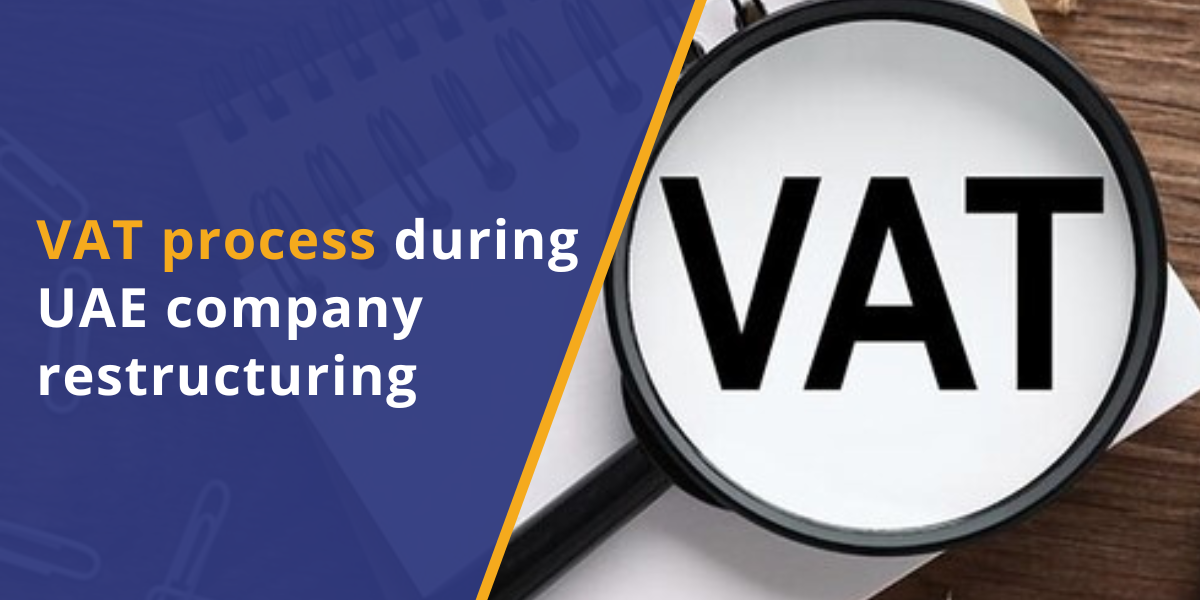
Businesses in the UAE making changes to their legal structure may soon benefit from smoother VAT handling. The current rule — requiring new VAT registration during conversion — is under review as industry experts call for greater continuity.
Many companies transitioning from sole establishments or foreign branches into private firms must cancel their existing VAT registration. This creates complications even when trade licenses and operations remain the same.
- Issue: VAT registration doesn’t carry over when entity type changes.
- Effect: Businesses face penalties, refund delays, and credit loss.
- Tool Introduced: Emaratax now allows ‘entity type’ corrections.
- Current Gap: No support for using same VAT number post-conversion.
In the UAE, business conversions are becoming more common. Entrepreneurs are shifting from solo operations or partnerships to more formal company structures. Foreign businesses are also re-establishing as UAE-registered companies.
Licensing departments and customs accept these conversions easily:
- Licenses: Keep the same number and issue date.
- Customs codes: Remain valid under the new company name.
- Banks: Allow continued use of old accounts with updated records.
However, VAT regulations require a fresh registration — causing:
- Delayed or denied VAT refunds.
- Unusable VAT credit from the previous entity.
- Errors in import tax reports during the switch.
- Fines for missing deregistration deadlines.
Even though operations continue smoothly, VAT compliance gets disrupted.
Business Leaders Request Clarity
As the UAE financial sector grows, more companies are preparing to go public or attract international capital. The current VAT rules present a risk during these sensitive changes.
In 2024, Emaratax launched an option to change the entity type in existing tax records. While this helps correct errors, it does not yet allow active conversions to retain the same VAT number.
There are growing calls for a similar update for corporate tax — including an automatic TRN reassignment during conversion.
What This Means for UAE Enterprises
This VAT issue affects various sectors:
- Startups: May struggle with the cost of re-registration.
- Large corporations: Risk delays in compliance.
- Advisors: Must manually handle credit, refunds, and data transfers.
Allowing entity updates without new VAT registration would:
- Protect businesses from penalties.
- Prevent working capital stress.
- Simplify tax reporting and filing.
Aligning VAT treatment with licensing and customs procedures would also support the government’s ease-of-doing-business vision.
The push for a more flexible VAT policy is growing. A system that allows businesses to retain their VAT number during conversion would remove unnecessary hurdles and support economic growth.
